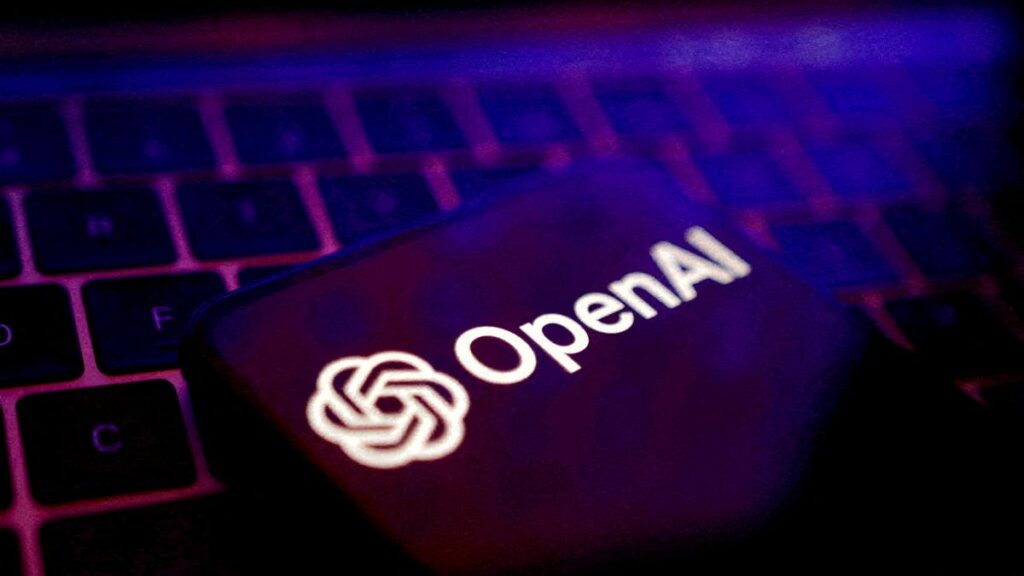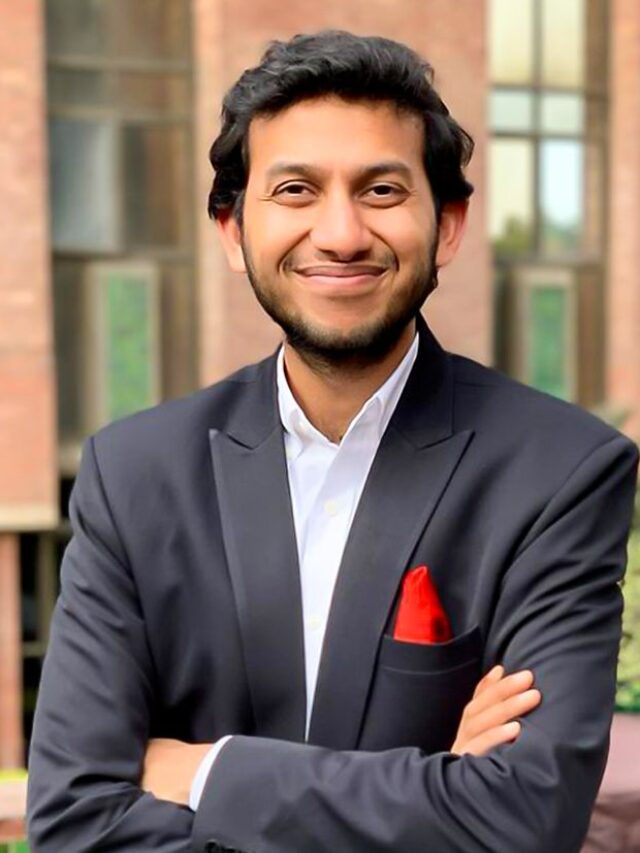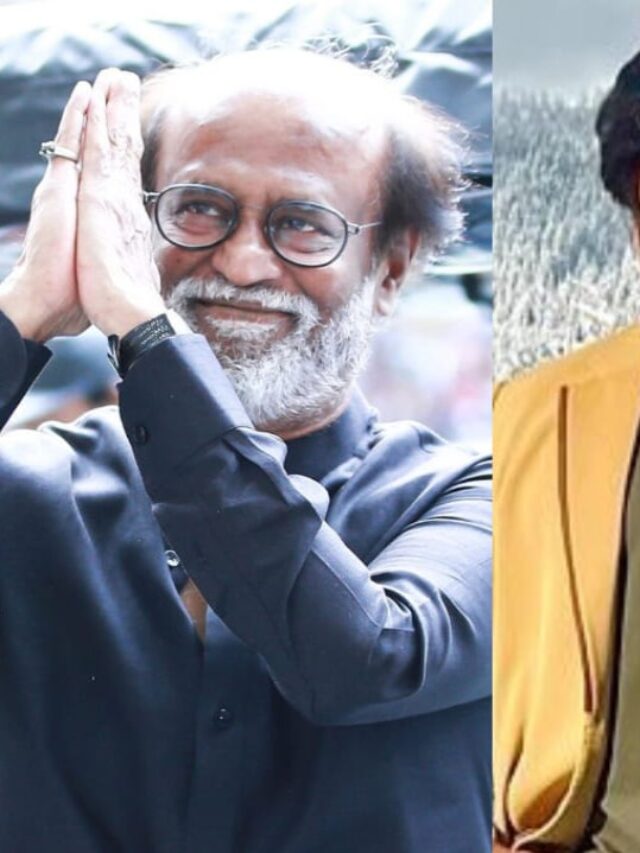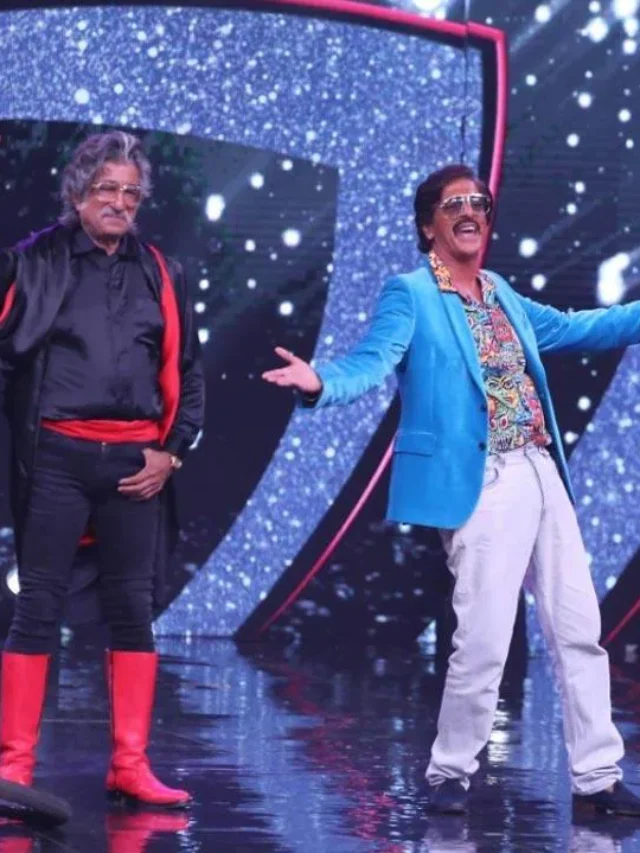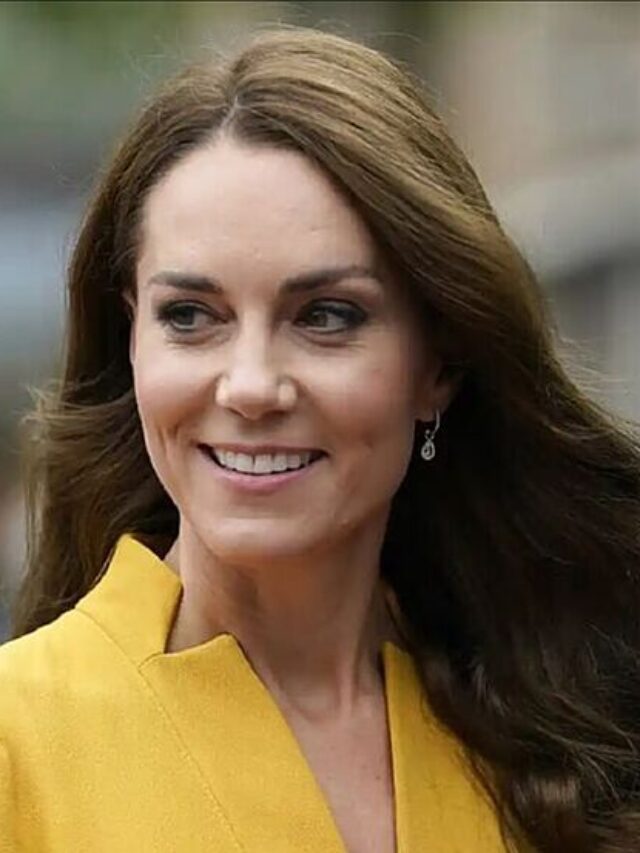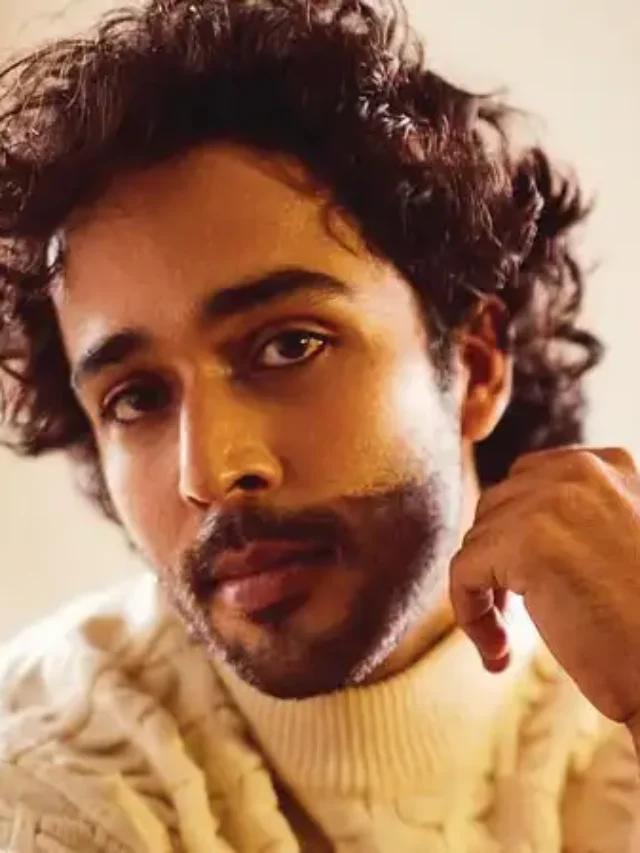In India, a major legal case is unfolding between OpenAI, the company behind ChatGPT, and several Indian media organizations. The lawsuit involves concerns over copyright violations, as media companies claim that OpenAI has been using their content without permission. This case is important because it could influence how artificial intelligence companies operate in India and other parts of the world.
Read also:- Solo Leveling Season 2 Episode 5: Release Date, Time, and What to Expect
OpenAI Faces Copyright Lawsuit in India
The legal dispute began when ANI, a well-known Indian news agency, filed a case against OpenAI, accusing it of using copyrighted news articles to train its AI models. Soon after, other media companies, including those owned by Indian business giants Mukesh Ambani and Gautam Adani, joined the case. These organizations believe that OpenAI is using their content without proper authorization, which could harm their business.
OpenAI has denied these claims. It argues that it only uses publicly available data and follows fair use principles, which allow limited use of copyrighted material under certain conditions. The company also stated that it does not store or reproduce news articles directly but only generates responses based on publicly accessible information. OpenAI’s legal team has even questioned whether Indian courts have the right to hear this case, as OpenAI’s servers are located outside India.
Apart from news organizations, Indian book publishers have also raised concerns. They claim that ChatGPT provides summaries and extracts from their books without authorization. Publishing houses, including international companies like Penguin Random House and Bloomsbury, argue that this practice affects their sales and violates copyright laws. OpenAI, however, insists that its AI model does not directly copy original content but only summarizes publicly available information.
This legal battle could have a significant impact on how AI is regulated in India. If Indian courts rule against OpenAI, it may lead to stricter rules for AI companies operating in the country. This case is also being closely watched by other media houses and technology firms around the world, as similar lawsuits have been filed in the United States and Europe.
The case is scheduled for another hearing in February 2025. OpenAI is expected to submit a detailed reply, defending its practices and opposing the involvement of additional media companies in the lawsuit. Meanwhile, Indian publishers and news organizations are pushing for stronger copyright protections to prevent AI models from using their content without proper licensing.
The outcome of this case could set a precedent for AI-related copyright laws in India and beyond. If OpenAI loses, it may be forced to change the way it collects and processes data. On the other hand, if OpenAI wins, AI companies may have more freedom in how they use publicly available information. The case remains an important milestone in the ongoing debate between AI innovation and intellectual property rights.

